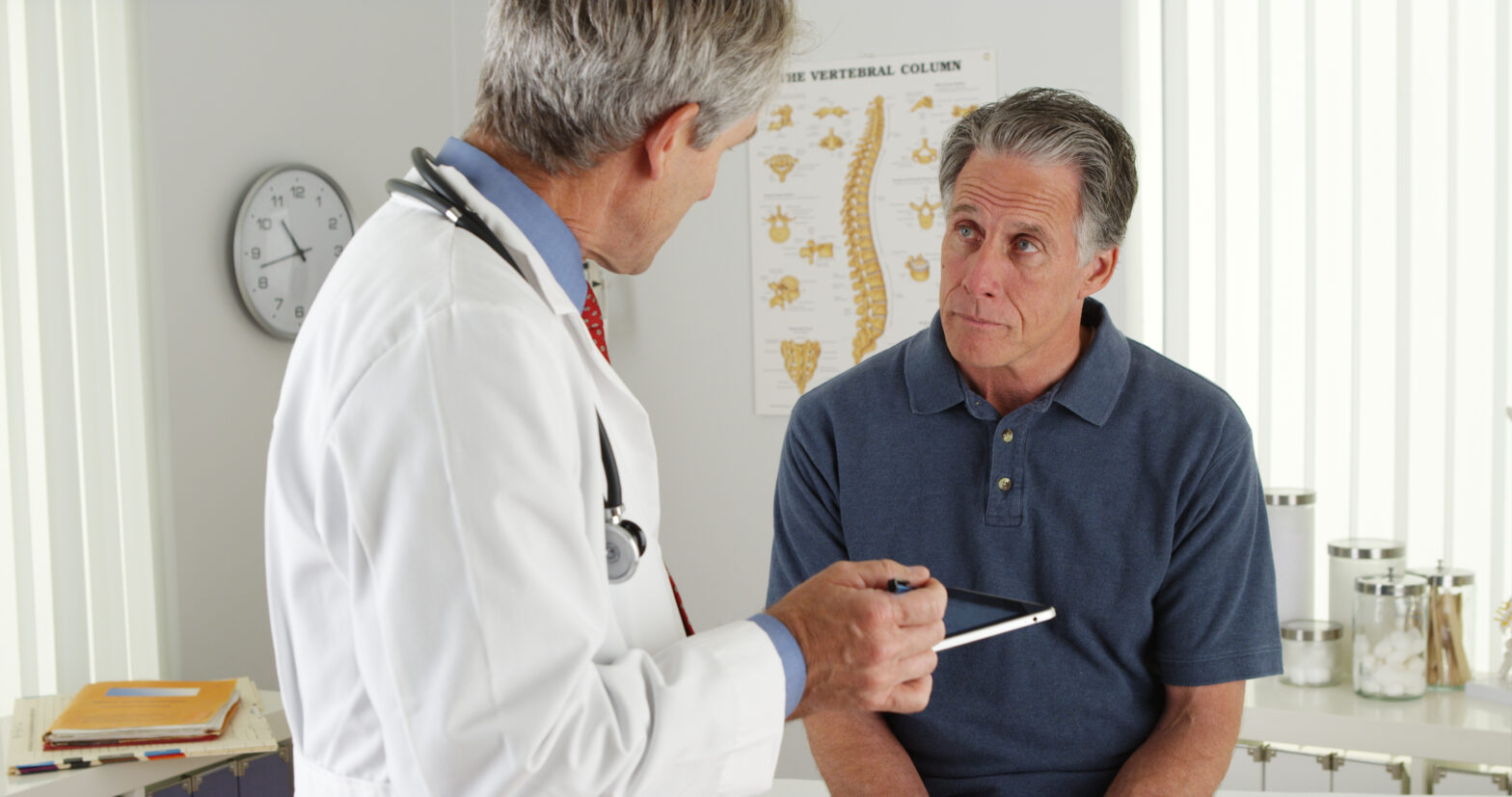Recently, as I have been following the national conversation about the Coronavirus, I came to a realization about my own doctor. He is an unelected elitist with an obsessive devotion to medical science, and therefore I can no longer permit him to be the steward of my health. Allowing one person to dictate to me what medications and medical procedures I need to take is undemocratic and quite frankly unpatriotic. I have decided that from now on, I will submit my health issues to a panel of my patriotic friends, and they will vote on what medications and procedures I shall take. Lest you think this an extreme measure, let me explain how I arrived at this important decision.
I was watching Tucker Carlson the other night, and he made an excellent point about the way policy on the Coronavirus was being made by our government. Alluding to the sudden prominence of Dr. Anthony Fauci, a scientist who has led the National Institute for Allergy and Infectious Diseases for almost four decades, Carlson pointed out that “This is not the result of any kind of democratic process at work at all. Yet in the last four months, Dr. Fauci has become one of the most powerful people in the world.”
Immediately I was struck by the similarities between Dr. Fauci and my own physician. After all, who had elected him to make life and death decisions about my health? Sure, I had chosen him in a sense but the only other options I had were other doctors who had also had years of rigorous training in medical schools and many more years of practical experience. There were certainly no political commentators like Tucker Carlson or former reality TV stars like President Trump available to me when I had to make the critical choice of who would be the guardian of my health.
As Tucker pointed out, Dr. Fauci had been wrong about some things on the Coronavirus early on. I realized that my doctor, just like Dr. Fauci, had been wrong sometimes too. For instance, he doesn’t always immediately figure out the correct treatment for whatever illness or condition I might get. Sometimes he has to prescribe more than one medication to discover which one works best for me. At times, he has even had to adjust the dosages.
Since doctors and scientists can be wrong just like anybody else, then why should we assume they know more than the rest of us who have not been to medical school or acquired a PhD in Epidemiology? What kind of democratic society gives precedence to highly trained people in their own fields? Wouldn’t that be something like letting generals take charge in a war or relying on pilots to fly planes?
So I told my doctor we were finished. He was stunned at first but he smirked when I told him about the panel of my smart, patriotic friends who will now vote in a very democratic fashion on whatever medical treatments I may need. I couldn’t resist one last dig. “Sorry you wasted all that time in medical school, Doc’, but my buddies are razor-sharp citizen-researchers who are really good at the Google.” He was devastated.
